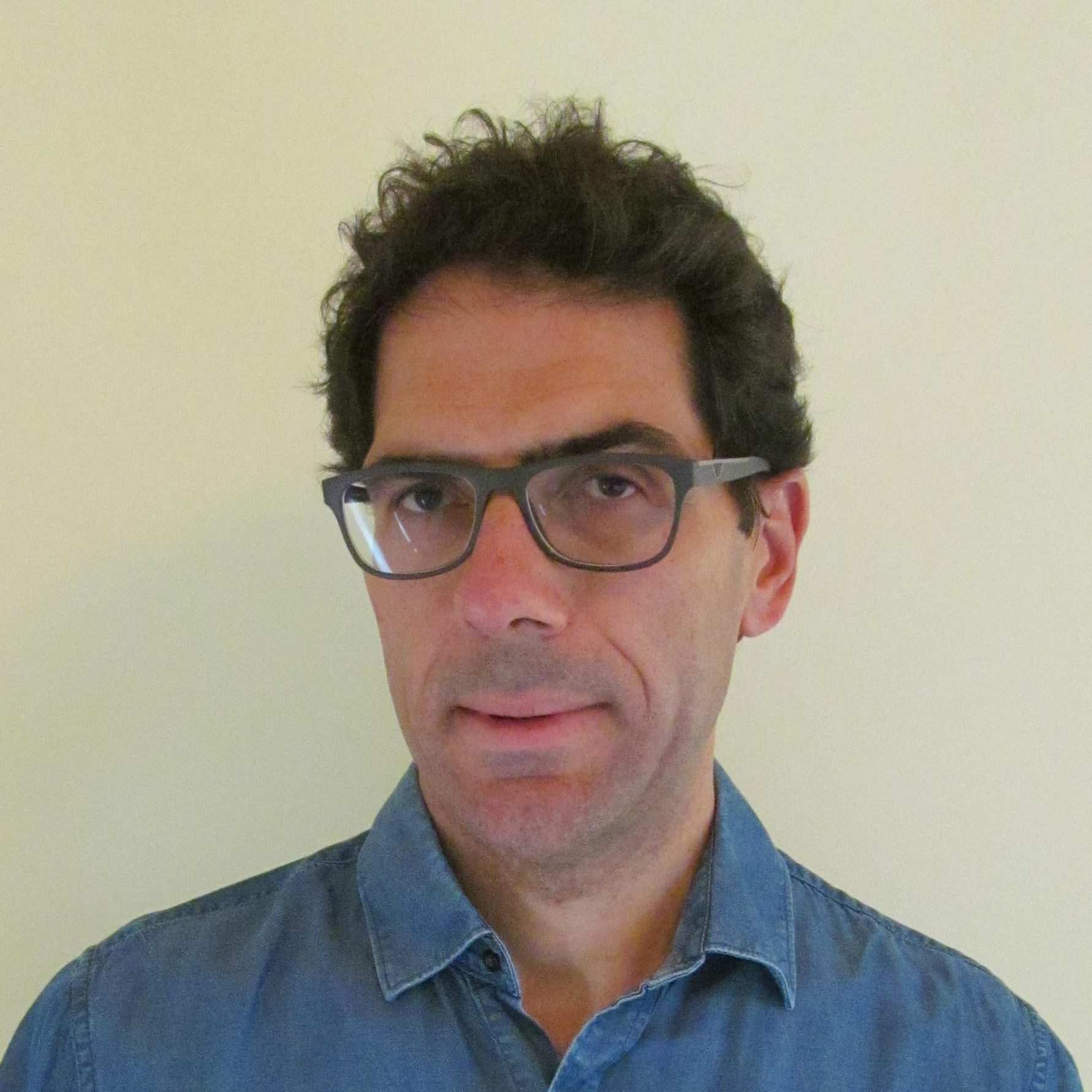- Ph.D., Duke University, 2007
- B.A., Universitat Autònoma de Barcelona, 1999

Edgar Illas
Professor, Spanish and Portuguese
Director, Catalan Program

Professor, Spanish and Portuguese
Director, Catalan Program
Two lines of inquiry guide my research. First, my field of specialization is modern and contemporary Catalan culture. My first book, Thinking Barcelona: Ideologies of a Global City (Liverpool UP, 2012), examines the symbolic and material transformations that redefined Barcelona during the 1980s in preparation for the 1992 Olympic Games. Given that the Games were among the first global mega-events that celebrated the neoliberal union of capitalism and democracy, the book explores how the cultural and urban revamping of Barcelona contributed to define the ideologies of the post-1989 world order. I also have written a variety of articles on contemporary Catalan literature, architecture, and politics, with special focus on the emergence of Catalan secessionism as a movement of social and political transformation.
Second, my research interests also lie in political theory, Marxism, global studies, and war theory. The central aim of my work is to provide theoretical tools to understand contemporary forms of politics that emerge outside the recognized spaces of the state, the party, civil institutions, or social movements. This exploration of the productivity of political life also aims to detect the more structural aspects of the ontology of the present. To that effect, I have written two reflections on the liminal notions of “survival” and “war”, and I am currently working on a third study on the elusiveness of “power” as a political and ontological category.
Thus, my book, The Survival Regime: Global War and the Political (Routledge, 2020), theorizes survival as the political logic of the fusion between global war and the world market. My hypothesis is not simply that struggling for life is the new content of politics, but rather that the globalization of war and capital entails a permanent instability that forces political life to struggle for its own existence in the form of constant intervention. The regime of survival no longer corresponds to the biopolitics of the modern state or to the neoliberal survival of the fittest. Instead, it defines a type of degree zero governmentality in which assemblages of bodies engage in conflict while simultaneously producing positive forms of life. Through a critical dialogue with various contemporary thinkers (Carlo Galli, Michael Hardt and Antonio Negri, Roberto Esposito, Giorgio Agamben, Jacques Derrida, and Carl Schmitt, among many others), my project explores the conditions that make possible the interventions of the singularities of common survival in our conjuncture.
My third book, The Magma of War: An Ontology of the Global (Routledge, 2024), aims to theorize the complex relation between conflict and politics in globalization. I build on the premise that the global order has generated the state of chronic instability that we witness in more and more situations, from the wars in the Middle East and Russia/Ukraine to the Mexican narco-violence, from neocolonial land grabs in the Global South to racial, border, health, and climate crises all over the planet. Rather than pursuing a sociological or historical analysis, my goal is to explore the ontological level of a global system paradoxically founded on constant self-destruction. War provides a conceptual paradigm to understand the turbulent power that produces social orders. My project draws from the history of this paradigm to explain the destabilizing effects of globalization on the ontology of the present. Thus, my analysis engages in two investigations. First, I describe previous philosophical theories of war (from Heraclitus to Gilles Deleuze) to show the historical evolution of war as an ontological force. Second, I explore the geological figure of magma to theorize a possible nomos of global disorder. While in the 1990s Zygmunt Bauman defined globalization as process of liquification of modern institutions, the changing mixture of air, solid and liquid of magma can help us represent the multidirectional shifts between violence and order as well as the internal contradictions of the immanent ontology of the global world.
“Power: the Ontological Modulation of Being.”